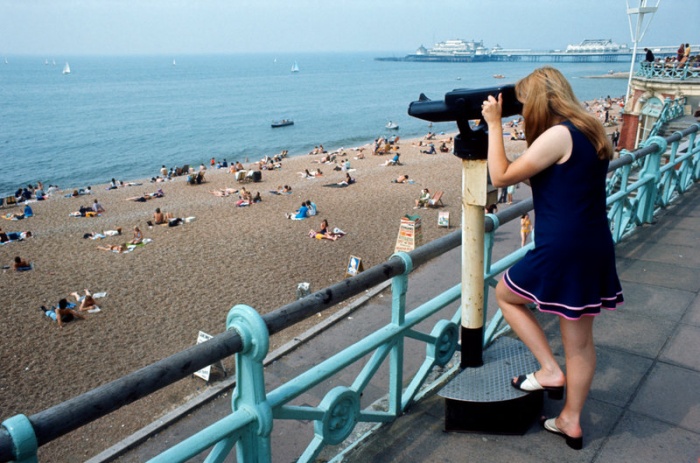
EY reveals sharp increase in travel company profit warnings
The travel and leisure sector has issued more profit warnings than any other FTSE sector in 2020, according to the latest quarterly analysis of UK profit warnings from EY.
Leisure companies issued a record-breaking 63 profit warnings in the nine months to the end of September - nearly triple the number EY recorded during the whole of 2019, a total of 23.
Some three quarters of the sector issued a warning in that time period, with 95 per cent of those citing the impact of Covid-19.
The report from EY found that profit warnings from the restaurants and bars sub-sector (25) were more than four times higher in 2020 than the whole of 2019 (6).
Meg Wilson, turnaround and restructuring strategy partner at EY UK, commented: “Covid-19 has hit the travel and leisure sector exceptionally hard, both operationally and financially.
ADVERTISEMENT
“The sector has done a great job at putting people first, including protecting customers and employees, but even the strongest of businesses are facing tough decisions.
“Ongoing local and national restrictions and unpredictable demand continue to severely hammer the sector.
“Among businesses experiencing pre-existing issues, such as overcapacity, we have already seen a number of permanent closures, insolvencies and distressed sales.
“The greater the grip of the pandemic, the deeper the economic fallout and the longer the road to recovery.”
The FTSE leisure sector issued the most warnings in the period to the end of September, followed by retailers (49), industrial support services (49) and the media (35).
Wilson added: “For businesses to survive, cash management remains a priority, and government support will continue to be necessary for some time.
“To address constantly changing patterns of demand, companies will need to rapidly transform their business models to be more flexible.
“Recovery will involve some significant restructuring across the sector, including resetting capacity and property costs, as well as addressing excessive borrowing.
“The restaurant sector was already dealing with overcapacity issues before Covid-19 and we now expect to see a further reduction of around 20-25 per cent of branded restaurants.
“Reduced demand for business travel will also necessitate the repositioning and potential redevelopment of many hotel sites for alternative use.
“Those who have the flexibility to weather this continuing storm, and can reshape, will find significant opportunity for growth and consolidation.”

